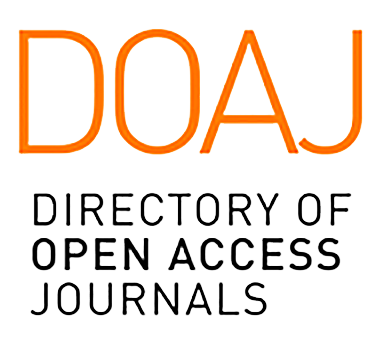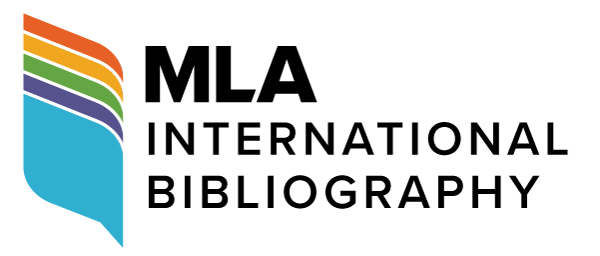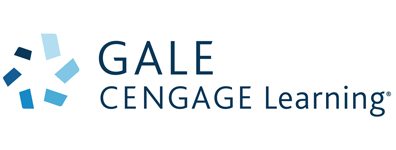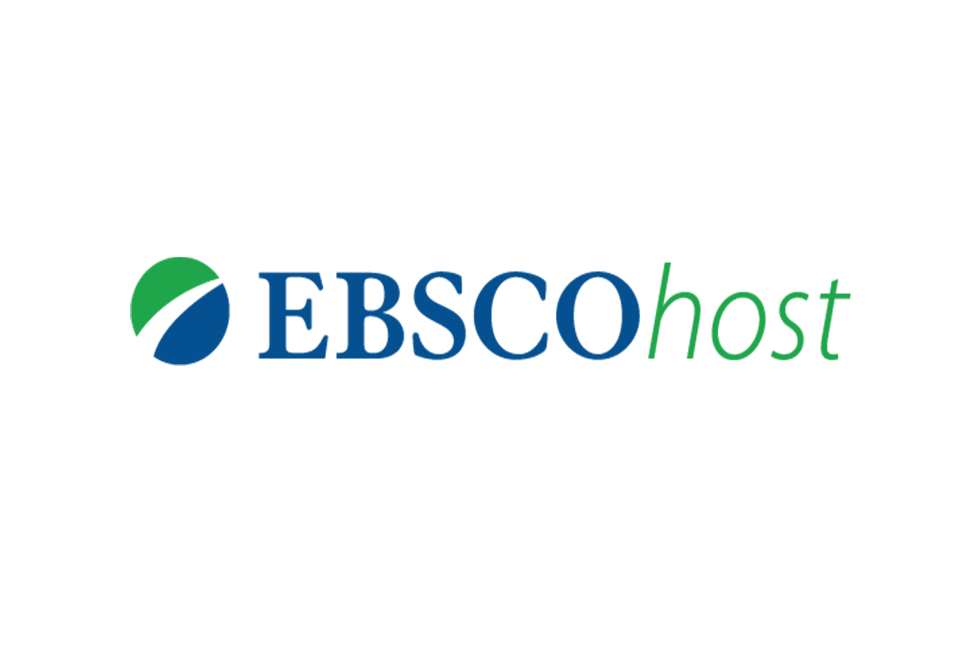2790-9441






MLA International Bibliography
MLA Directory of Periodicals
ProQuest
CrossRef
Google Scholar
Gale-Cengage
ROAD
TESOL Communications (TC) is a fully peer-reviewed international journal dedicated to the dissemination of high-quality research in teaching and learning English as a second and foreign language at all education levels. We adhere to principles of transparency and uphold the best practices in scholarly publishing.
Duties of Authors
1. Reporting standards: The work performed needs to be original and scientific. Fraudulent, politically or culturally offensive, or knowingly inaccurate statements are unacceptable.
2. Data access: Authors may be asked to provide their raw data together with the manuscript for editorial review and should be prepared to make the data publicly available if practicable.
3. Originality and plagiarism: Authors should ensure that the submitted work is original, and all secondary and external sources have been appropriately cited. Plagiarism in all forms is unacceptable.
Please be noted that we use CNKI Similarity Check service and our in-house duplication check to verify the originality of incoming new submissions before sending them out for review.
4. Permissions: Authors wishing to include figures, tables, art works, or text passages that have already been published elsewhere are required to obtain permission from the copyright owner(s).
5. Multiple or concurrent submission/publication: Papers describing essentially the same research should not be published in more than one journal. Submission of a manuscript concurrently to more than one journal is unacceptable.
6. Authorship: Only persons who have made significant contributions to the said study can be listed as authors in the manuscript. The corresponding author should ensure that all appropriate coauthors are included in the author list and verify that all co-authors have approved the final version of the manuscript and agreed to its submission for publication.
7. Conflicts of interest and disclosure: Authors should disclose any conflicts of interest that might be construed to influence the results or their interpretation in the manuscript at the time of submission.
8. Human subjects: If the work involves human participants, the authors should ensure that all procedures were performed in compliance with relevant laws and institutional ethical guidelines. The manuscript should also contain a statement to this effect. In addition, International TESOL Union provides a procedure for vetting projects involving human subjects for organisations which do not have an Ethics Committee or similar (see more here).
Duties of Editors
1. Editorial integrity: Editors evaluate submitted manuscripts exclusively on the basis of their academic merits and relevance to the journal's scope, without regard to the authors' race, gender, sexual orientation, ethnic origin, citizenship, religious beliefs, political philosophy, or institutional affiliation. Decisions to edit and publish are not determined by the policies of governments or any other agencies outside of the journal itself.
2. Confidentiality: Editorial staff will not disclose any information about a submitted manuscript to anyone other than the corresponding author, reviewers, other editorial advisers, and the publisher, as appropriate.
3. Conflicts of interest: Editorial staff will not use unpublished information disclosed in a submitted manuscript for their own research purposes. Editors will recuse themselves from considering manuscripts in which they have conflicts of interest resulting from competitive, collaborative, or other relationships/connections with any of the authors, or institutions connected to the work.
4. Publication decisions: The editors ensure that all submitted manuscripts being considered for publication undergo peer-review by at least two reviewers who are experts in the field. The Chief Editor is responsible for deciding which of the manuscripts submitted to the journal will be published.
5. Responsiveness to complaints: Editors (in conjunction with the relevant authorities) will take responsive measures when ethical concerns are raised regarding a submitted manuscript or published paper.
Duties of the Publisher
1. Responsiveness to academic misconducts: In cases of alleged or proven scientific misconduct, fraudulent publication, or plagiarism, the publisher, in close collaboration with the editors, will take all appropriate measures to clarify the situation and to amend the article in question. This includes the prompt publication of an erratum, clarification or, in the most severe case, the retraction of the affected work.
2. Journal content archiving: The publisher is committed to the permanent availability and preservation of scholarly research and ensures accessibility by partnering with organizations and maintaining its own digital archive.
Peer Review Policy
All TC publications have been through rigorous peer review, and their quality has been assessed by independent peers within the field. TC enforces “double blind” reviewing, in which the referees and the authors remain anonymous to each other. The handling editors conduct a preliminary review of all submitted manuscripts and only those that meet the minimum criteria will be passed on to at least two expert referees for formal reviewing.
Whenever possible, referees are matched to the manuscript according to their expertise. Referees are asked to provide an assessment of the various aspects of a manuscript:
1. Context: Is the context of research explicitly and fully explained?
2. Originality and significance: Is it original as to thought and method (including data)? Does it clearly add to the knowledge and development of the field?
3. Data and methodology: Is it methodologically sound? Is the reporting of data and methodology sufficiently detailed and transparent?
4. Results: Are results clearly presented? Is there appropriate use of statistics and treatment of uncertainties?
5. Conclusions: Are conclusions and data interpretation robust, valid, and reliable?
6. References: Does it correctly and exhaustively reference previous relevant work?
7. Ethics: Does it follow appropriate ethical guidelines?
The handling editors then make a decision based on the reviewers' advice, from among several possibilities:
1. Accept upon minor revisions;
2. Accept upon major revisions;
3. Reject, but indicate to the authors that further work might justify a resubmission;
4. Reject outright, typically on grounds of lack of novelty, insufficient conceptual advance, or major technical problems.
The time required for the review process depends on the response of the referees. The typical time for the first round of the refereeing process is approximately 4-6 weeks, with a maximum of three months.
A final decision to accept or reject the manuscript will be sent to the author along with the recommendations made by the referees.
Generative AI (GenAI) Policies
Generative AI (GenAI) and AI-assisted technologies offer both opportunities and challenges in academic writing and publishing. At TESOL Communications (TC), authors are permitted to use GenAI and AI-assisted tools solely to enhance the readability and language of their work during the writing process. However, any content generated with these technologies must be thoroughly reviewed and edited by the authors to ensure accuracy and integrity. Authors should be mindful that GenAI tools can produce content that appears authoritative but may contain factual inaccuracies.
Author Responsibility and Accountability
Authors are fully responsible and accountable for the content of their submissions. This includes verifying the accuracy, originality, and integrity of all information reported. Authors must not rely on AI-generated content without critical evaluation, as ultimate accountability rests with the human contributors.
Disclosure of AI Use
Authors submitting to TC are required to disclose any use of GenAI or AI-assisted technologies in their manuscript. This disclosure should specify the purpose for which these tools were used (e.g., language refinement, grammar correction) and will be included in the published article to promote transparency and maintain trust among editors, reviewers, and readers.
Authorship and Citation Policies
GenAI and AI-assisted technologies cannot be listed as authors or co-authors. TC defines authorship as the capacity to take responsibility for the intellectual content of the work—a role that only human contributors can fulfill. Authors must also refrain from citing references that attribute authorship to AI technologies.